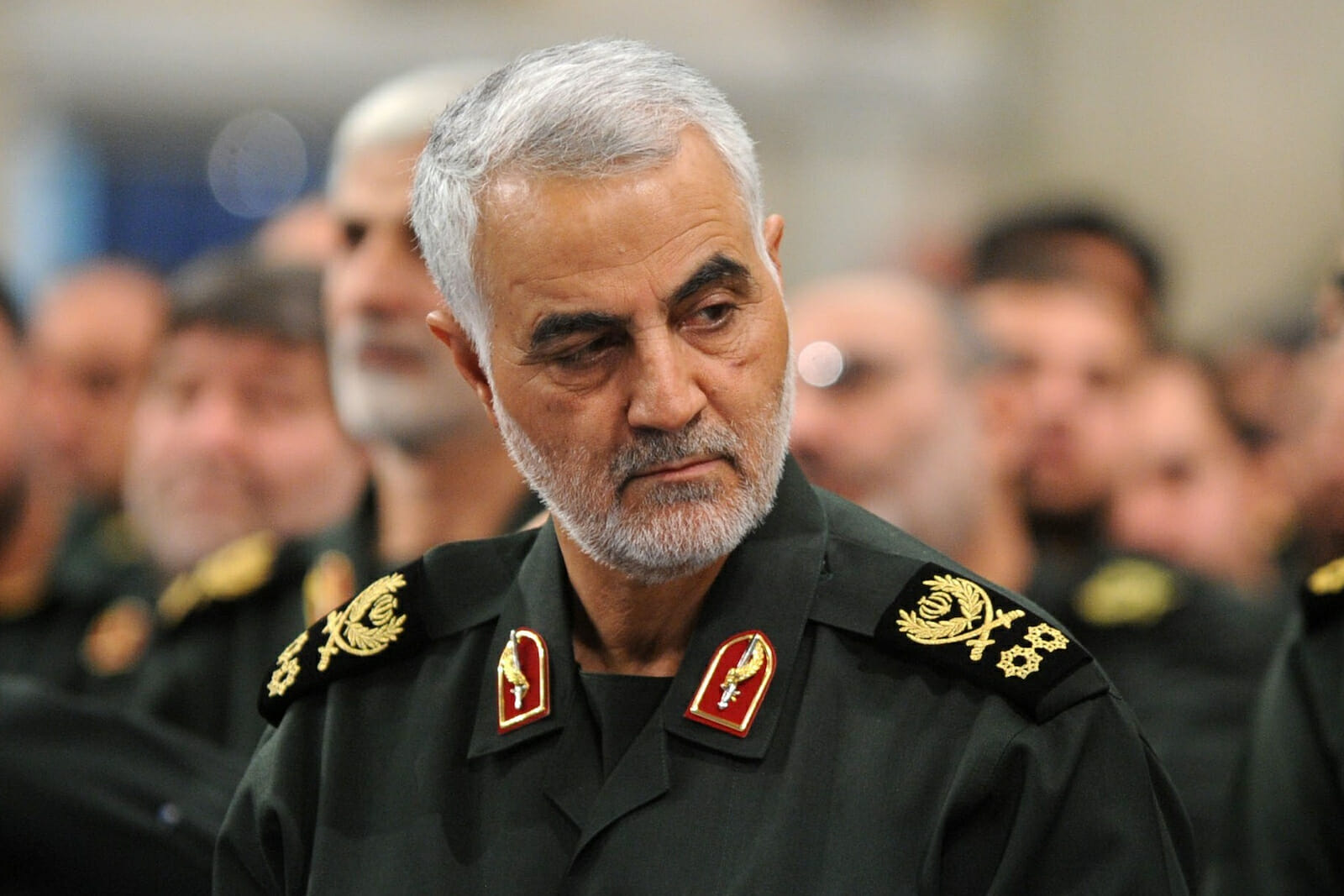
Iran and the Contradictions of Trump’s Foreign Policy
U.S. President Donald Trump’s foreign policy was always a contradiction ready to explode. With the assassination of General Qassem Soleimani and likely retaliation by the Iranian government, Donald Trump’s foreign policy toward Iran is an example of the broader problems with his vision of the United States and its place in the world. But like most things that Mr. Trump has embarked upon, his vision of American foreign policy is facing a stark reality.
As a candidate in April 2016, in his first major foreign policy speech, Trump declared that: “My foreign policy will always put the interests of the American people and American security above all else.” Trump identified five weaknesses with current U.S. foreign policy under President Obama. These included seeing America as negotiating bad deals, that U.S. rivals no longer respected the United States, and that America no longer had clarity in terms of its foreign policy goals since the end of the Cold War. Finally, Trump also declared his intention to avoid foreign entanglements, including pulling U.S. troops out of Afghanistan.
The essence of Trump’s America First foreign policy aimed to return the U.S. to a preeminent place in world politics by voiding multilateral agreements. The U.S. “won” if it got a better trade deal than the other side. Military commitments were only worth it to America if it could show how it benefited the U.S. first, as opposed to allies.
Trump’s basic principles that guided his foreign policy were never coherent. His commitment to non-intervention, a rejection of multilateral agreements, and a narrow sense of American self-interest largely ignored broader principles of U.S. foreign policy from World War II to the present.
These principles were premised upon the idea that the U.S. could build international institutions, such as the World Trade Organization or the United Nations, that furthered American interests, and with the fostering of proper alliances, such as NATO, that strengthened American collective security across the globe. An active, interventionist U.S. using its hard and soft power, economic weight, and cultural influence, could achieve its broader objective.
Trump wanted a U.S. that was preeminent again, but he was unwilling to support or maintain the institutions and alliances needed to sustain his goals. It is hard to push your weight around as a superpower if you are unwilling to get involved in the world. Yes, one needs to be tactical about where to engage, but Trump’s foreign policy was one wary to engage. This has carried over into his presidency. After the Iranian missile strike against Saudi Arabia last year he pulled back with minutes to spare a retaliation against them. He has also been gun shy with ISIS, Syria, the Taliban, and even North Korea. In all cases he talked a threatening or confrontational game but eventually backed down, undermining U.S. credibility.
Trump made it clear from his candidate days he disliked the Iranian nuclear agreement in that he did not think it would prevent that country from eventually getting nuclear weapons. Last year he pulled the U.S. out of that agreement, giving Iran little incentive to abide by it, even though the latter continued to honor it for months. Trump replaced the agreement with more sanctions but there was little evidence of their efficacy.
Now with Soleimani’s assassination, Trump has boxed himself into a corner. Iran has declared it will no longer honor any part of the nuclear agreement and it is vowing retaliation. Iraq’s parliament has demanded U.S. troop withdrawal from that country.
To halt Iran’s pursuit of nuclear weapons will require military action, probably unilateral, since his administration has done little to build a coalition to support the assassination and abrogation of the Iranian treaty. Iran, already supporting terrorist activity around the world, has more of an incentive to promote it, perhaps as a tool of reprisal. Forcing U.S. troops out of Iraq destabilizes that country more, and any pullout from Afghanistan renders that country unable to protect itself from a newly empowered Taliban.
Preparing for retaliation by Iran has led to the deployment of more U.S. troops, and Trump has already indicated 52 targets in that country (the same number of U.S. hostages taken by Iran in 1979) should it take any action against America. Assuming Iran does retaliate, and one does not know exactly how or where, and the U.S. does not respond, Trump again looks weak or non-credible when it comes to foreign policy.
Trump has created his own prisoner’s dilemma with Iran. If he doesn’t respond to an Iranian action he looks weak and if he does respond he risks a wider war with Iran.
Iran is a foreign policy problem for Trump, but it is merely one example of the larger problems this administration faces with the world. North Korea, China, Syria, and the Russian Federation are looking for signs of weakness, while allies across the world are worried too what signals are being sent by Washington.

